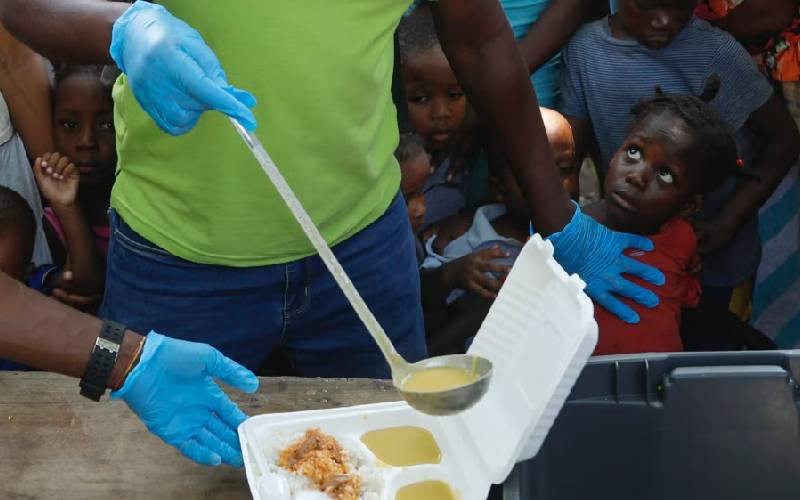It is that time of the year when friends, relatives and well-wishers send success cards to their loved ones who are sitting national exams. These acts of kindness cannot change the result. If one did not study and prepare for the exams, a card will not be of any help.
In our days, success cards were a big deal. We even had superstitions attached to them. For instance, we were made to believe that it was bad luck to receive a success card while you were doing your papers, or after you were done and dusted with exams. A card only heralded success if it was received before the exams.
Old school mentalities
My folks were of the opinion that success cards were of no consequence. At least, that is what I got from the subtle messages they were sending.
“Boy, I’ve already paid your school fees,” my father would lecture. “I bought you sugar and a tin of cocoa. They also give you three square meals in school; what else do you need?”
My father is one of the most generous men I have ever seen. While he was still working and living in Nairobi, our house was the first stop for relatives who came from boondocks, whether they dropped in unannounced or not.
Years later, I realised that my father was not being mean. He was only doing then what he knew how to do. And, I guess, the old school in him reasoned that buying things like success cards – or letting me to shop till I drop for school snacks and bites - was neither practical nor helpful.
Melting pot
My high school was a melting pot. At Dagoretti High School, I schooled with kids whose parents were the who’s who in political and financial spheres, and others whose parents were, well, ordinary folks.
In Form One, a classmate reported to school with a big box the size of a car’s boot. For pocket money, he had dollars. And inside his box were all sorts of bites and snacks, which this wide-eyed kid from Eastlands had never seen.
Meanwhile, I only had the bus fare, around Sh20.
Each year, many kids are thrown in these melting pots without any counselling, but with one instruction: make good grades. No buts. Nobody prepares them for the culture shock. They are just dumped in the principal’s office with their box and a hasty goodbye.
Visits, phone calls, cards and letters can make a kid who is in boarding school to feel that they have not been dumped or forsaken by their loved ones.
Classmate to the rescue
In my alma mater, in third term, success cards were read out aloud in the dining hall during supper. This was during the days when we depended on the postal office to be the bearer of news.
Stay informed. Subscribe to our newsletter
This third term supper ritual was a source of joy for some students, and frustration for others. There were students who received loads of cards each day. Others received one or a couple, intermittently. And others’ names were barely called.
I was among the students whose names were never called. A classmate, Abdul Kassim, noticed this and he took it upon himself to make my day. (Nowadays, Kassim is the founder and director of Kibera Girls Soccer Academy. His organisation gives under-priviledged girls free secondary education and life skills).
One evening, my name was read out. When I opened the card, I saw Kassim’s familiar handwriting and signature, wishing me success. This brother had taken it upon himself to come to my rescue. As a student and a classmate, he knew how it made one feel if they were getting a deafening silence while their peers are getting encores.
This term, send your loved ones success cards. It shows that you care. It may mean nothing to you, but it means the world to the recipient.
 The Standard Group Plc is a
multi-media organization with investments in media platforms spanning newspaper
print operations, television, radio broadcasting, digital and online services. The
Standard Group is recognized as a leading multi-media house in Kenya with a key
influence in matters of national and international interest.
The Standard Group Plc is a
multi-media organization with investments in media platforms spanning newspaper
print operations, television, radio broadcasting, digital and online services. The
Standard Group is recognized as a leading multi-media house in Kenya with a key
influence in matters of national and international interest.
 The Standard Group Plc is a
multi-media organization with investments in media platforms spanning newspaper
print operations, television, radio broadcasting, digital and online services. The
Standard Group is recognized as a leading multi-media house in Kenya with a key
influence in matters of national and international interest.
The Standard Group Plc is a
multi-media organization with investments in media platforms spanning newspaper
print operations, television, radio broadcasting, digital and online services. The
Standard Group is recognized as a leading multi-media house in Kenya with a key
influence in matters of national and international interest.








